State budget revenue in the first half of 2020 was down 10.5% against a year earlier and equal to just 44.2% of the annual estimate; the lowest since 2013, Minister of Finance Dinh Tien Dung said.
Thirty-four of Vietnam’s 63 cities and provinces reported first-half State budget revenues that exceeded 50% of the estimate, he said. If revenues from land use fees and the sale of lottery tickets were to be excluded, however, only 14 were able to achieve budget collections at over half of the estimate.
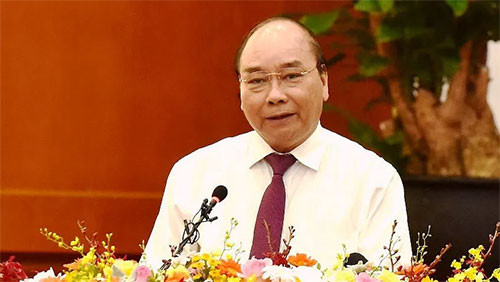 |
| Prime Minister Nguyen Xuan Phuc at the conference. (Photo: NDO/Tran Hai) |
State budget collections were struck a heavy blow in the first half by COVID-19, which quickly sent the global economy into recession and severely damaged many of Vietnam’s major partners, Dung explained.
In the face of the pandemic, the ministry came up with a number of measures to remove difficulties facing local business and production and to ensure social welfare, he continued.
It proposed the government provide tax exemptions on imported medical materials and equipment for the COVID-19 response and on imports of materials for various pandemic-hit industries.
The ministry has also deferred payments of value-added tax (VAT), corporate income tax, personal income tax, and land use fees for affected companies and household businesses, raised the taxable personal income threshold, and cut environmental protection taxes on jet fuel by 30% to help affected people and companies weather the coronavirus crisis.
Dung went on to say that, as of the end of June, State spending accounted for 41.8% of the annual plan.
The State budget provided around VND15.3 trillion (over US$658 million) in funding for COVID-19 relief efforts, he said, including VND4.1 trillion to curb the spread of the disease and VND11.3 trillion on supporting disease-hit people and businesses.
More than VND1.66 trillion was also earmarked from the reserve funding for tackling African swine fever nationwide and addressing the aftermath of natural disasters on production, he noted.
The ministry will continue giving priority to helping businesses recover from the pandemic and to attracting more investment for local economic development, he said.
Addressing the conference, PM Phuc instructed the financial sector to persist with the goal of ensuring budget collections, stabilising the macro economy and controlling inflation.
In the remaining months of the year, the sector should study and early submit to authorised authorities flexible and effective fiscal mechanism and policies to support economic recovery, along with specific proposals on fiscal stimulus packages, tax incentives and resource mobilisation, PM Phuc said.
In particular, the PM stressed the requirement on accelerating the disbursement of public investment capital.
He also urged the Finance Ministry to further streamline administrative procedures, especially in taxation and customs, and cut inspections.
Source: NDO


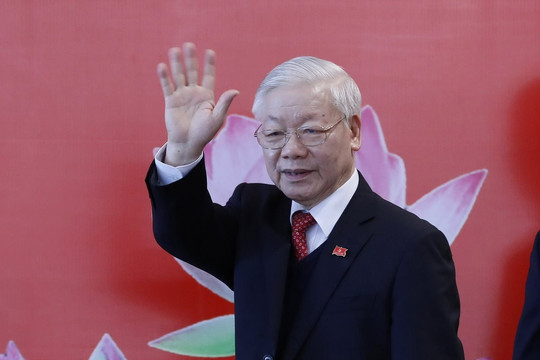
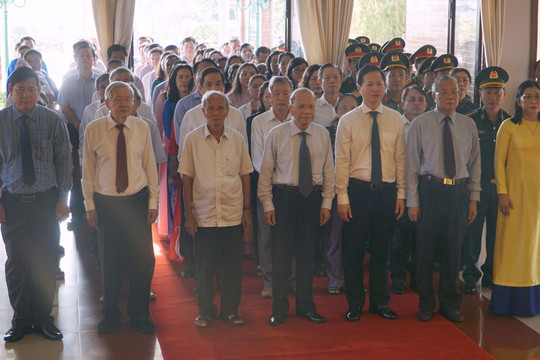
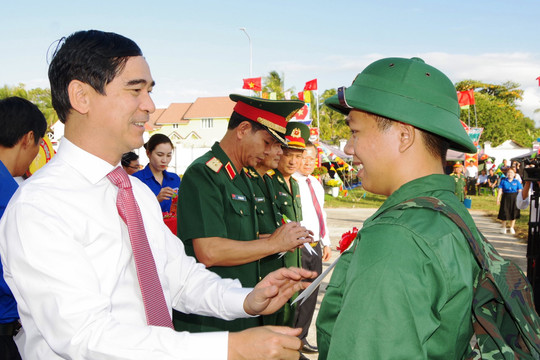

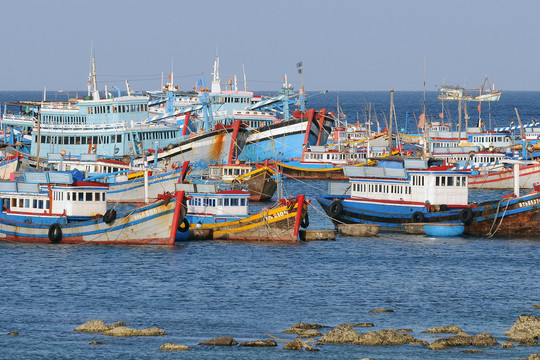


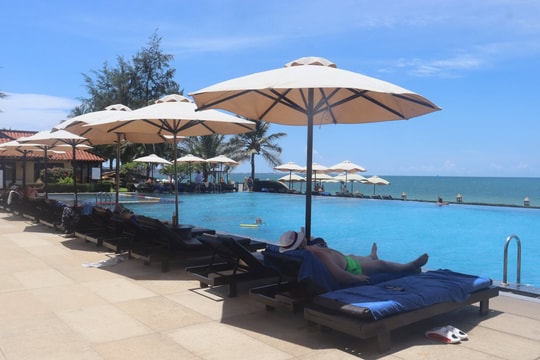










.jpg)


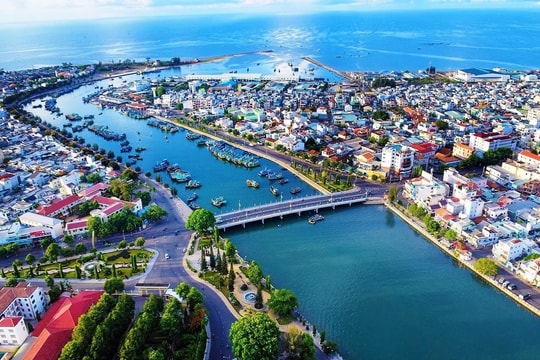


.jpeg)

.jpeg)

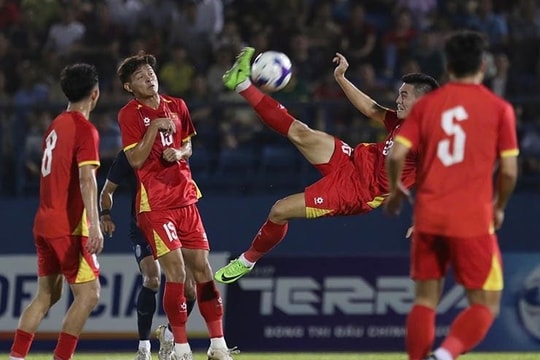
.jpeg)


